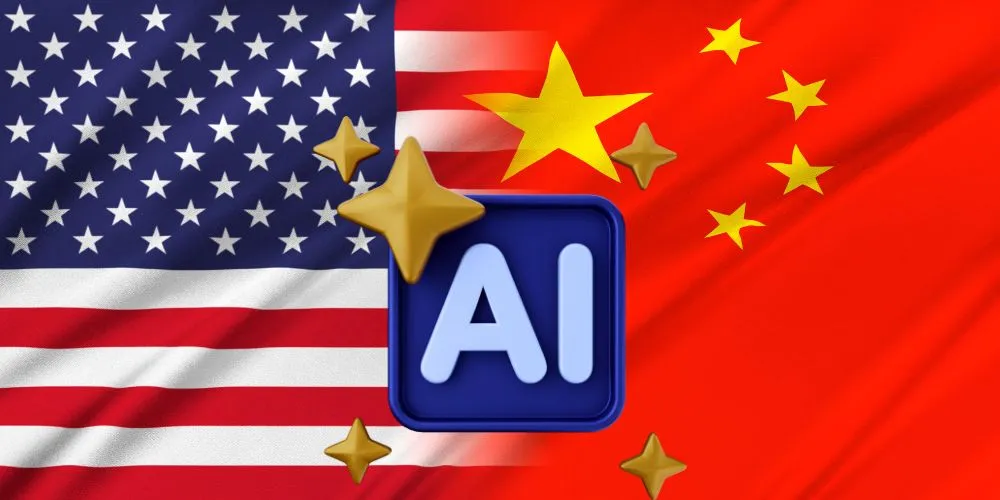Key Points
- Tencent and Baidu are mitigating U.S. chip curbs by stockpiling GPUs and optimizing software.
- Baidu leverages its “full-stack” AI infrastructure to maintain performance without cutting-edge chips.
- Both companies are exploring and using domestically developed semiconductors.
- Chinese firms are focusing on inference efficiency and smaller, optimized AI models.
Tencent and Baidu, two of China’s leading tech giants, have unveiled strategies to stay competitive in the global AI race despite tighter U.S. restrictions on semiconductor exports. These strategies include stockpiling advanced chips, optimizing software for efficiency, and relying more on domestically developed semiconductors.
Although the Trump administration recently scrapped one Biden-era chip rule, it simultaneously tightened controls on exporting high-end chips, especially from U.S. firms like Nvidia and AMD. These restrictions particularly target GPUs essential for training and deploying large-scale AI models.
During the company’s earnings call, President Martin Lau revealed that Tencent has a “pretty strong stockpile” of GPUs purchased in earlier periods. He added that the company effectively trains its AI models using fewer chips by optimizing the software and AI architecture. Tencent is also focusing on using smaller models and exploring the use of Chinese-made, custom-designed chips for inference tasks, where AI applications are executed rather than trained.
“We just need to keep exploring new ways and invest more on the software side instead of relying solely on brute-force GPU expansion,” Lau said.
Meanwhile, Baidu’s President of AI Cloud, Dou Shen, emphasized the company’s “full-stack” AI capability, which includes infrastructure, models, and AI-powered applications like its ERNIE chatbot. Shen noted that Baidu can still deliver strong performance without the latest U.S.-made chips by maximizing its control over its software and infrastructure.
Baidu highlighted how it improves GPU usage efficiency and reduces operational costs, turning software and infrastructure control into a key competitive edge. Shen praised progress in China’s domestic AI chip industry, arguing that these innovations will form a solid foundation for future growth in the country’s AI ecosystem.
Experts agree that while China lags behind the U.S. in AI chip technology, it has made impressive progress. Nvidia CEO Jensen Huang recently criticized the export restrictions, calling them a failure that harms U.S. companies more than hinders China’s AI development.





